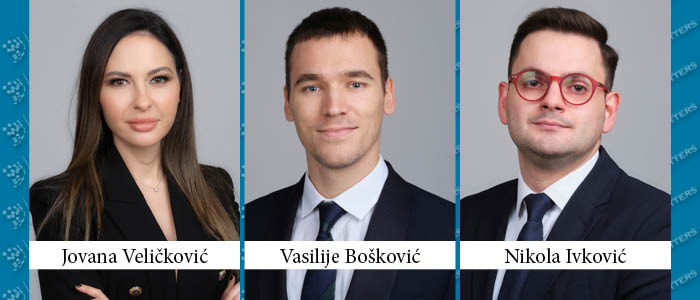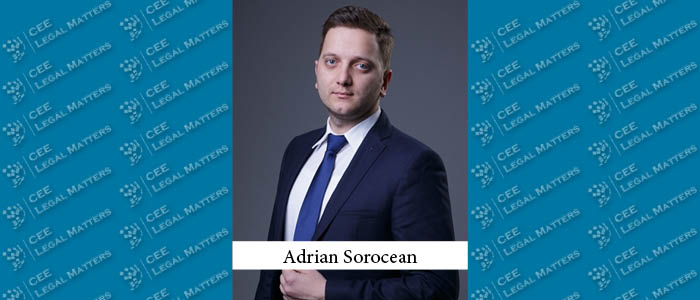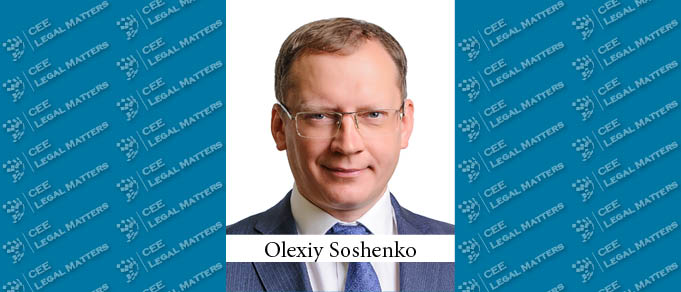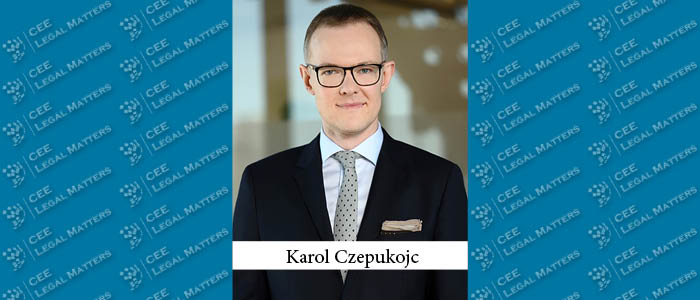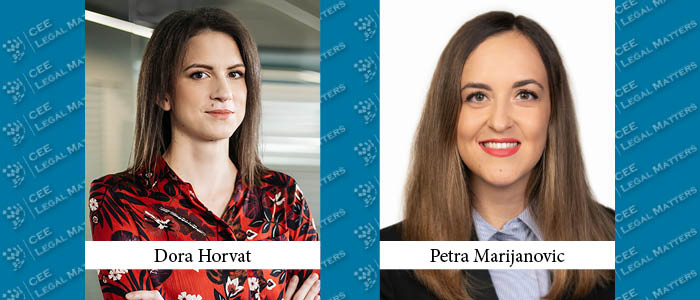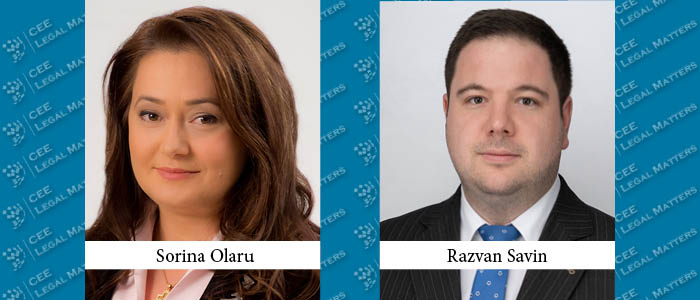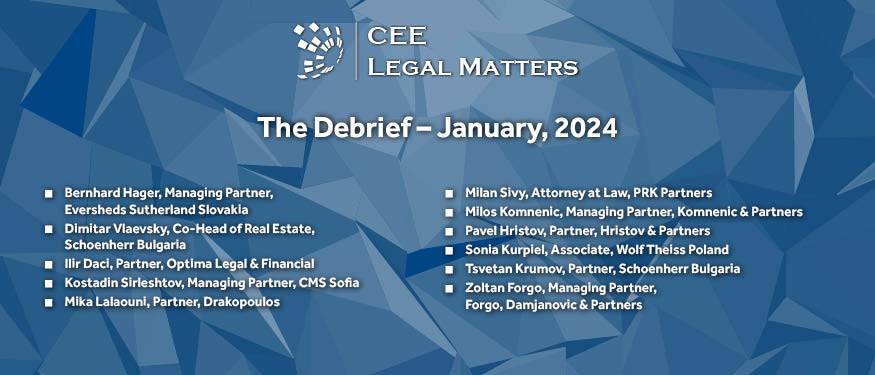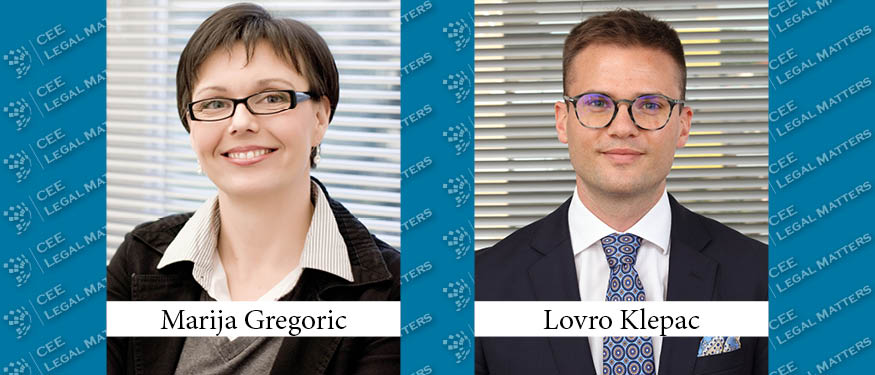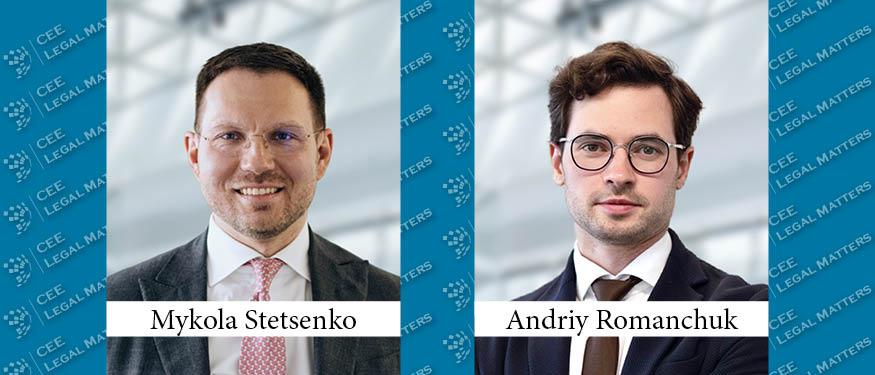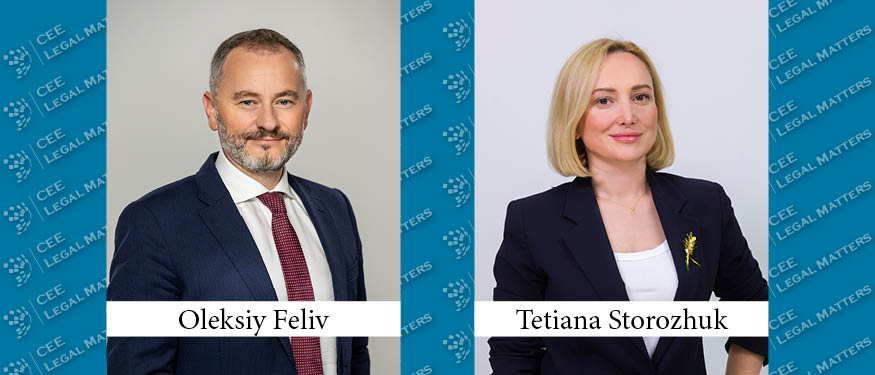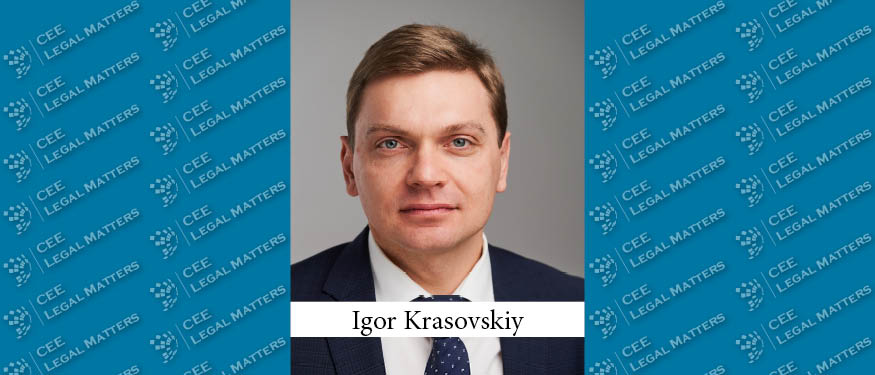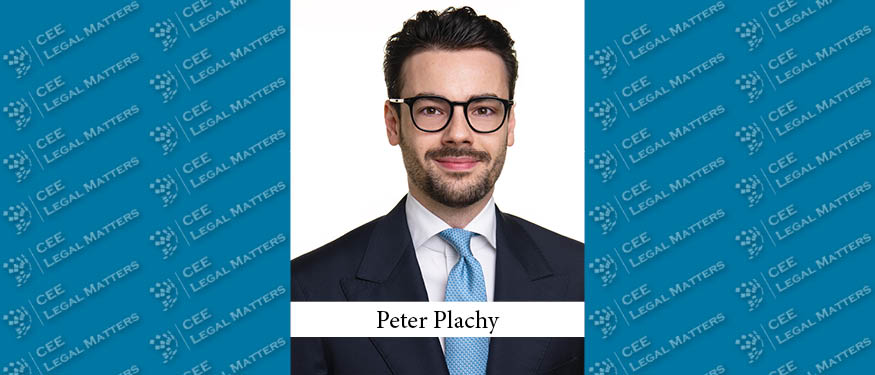All domestic or foreign creditors can lodge claims in insolvency, but international practice shows a stark disadvantage for foreign creditors despite supposed equality. This article delves into two key aspects – how foreign creditors are informed and lodge claims – shedding light on their status within Serbia’s legal framework. Key insights stem from major international documents like the UNCITRAL Model Law on Cross-Border Insolvency (MLCBI), EU Regulation 2015/848 on Insolvency Proceedings (Regulation), with Serbian insolvency primarily governed by the Insolvency Act (Act).
Czech Republic: Preventive Restructuring Introduced
On September 23, 2023, the Act on Preventive Restructuring came into force in the Czech Republic. It transposes EU Directive 2019/2023 on preventive restructuring frameworks, on discharge of debt and disqualifications, and on measures to increase the efficiency of procedures concerning restructuring, insolvency and discharge of debt, and amending Directive (EU) 2017/1132.
Moldova: Navigating the Insolvency Legal Landscape
Moldova faces significant challenges in terms of insolvency in the future. In exploring the factors influencing this area of law, we examine the current state of affairs, anticipate trends, and look at how legal practitioners are gearing up to meet the expected rise in demand. Let’s break down the key points.
Ukraine: Debt Restructuring Trends
The Ukrainian economy has endured unprecedented shocks resulting from the unprovoked invasion by Russia, which led to the seizure of assets in the occupied territories, massive destruction of or damage to assets throughout Ukraine, closure of a number of markets, disruption of various transport routes, huge losses in trade, flight of capital and human resources, etc.
Poland: Outline of the Court Restructuring and Bankruptcy Legal Framework
In a time of economic turmoil, company directors and owners focus on maintaining their businesses as going concerns, ensuring financial stability, and managing relationships with their creditors, contractors, and employees. When necessary, that includes considering strategic debt management options. On the other hand, creditors and contractors concentrate on properly assessing and understanding the risks associated with a dynamically changing commercial environment, evaluating their strategies toward clients, and implementing adequate safeguards and responses to emerging threats.
Croatia: Insolvency and Restructuring
In Croatia, the legal landscape governing insolvency and restructuring is meticulously outlined in the Insolvency Act (Official Gazette no. 71/15, 104/17,36/22) providing a comprehensive framework for the initiation and execution of pre-insolvency and insolvency proceedings, outlining the ensuing legal consequences, and delineating the respective rights and obligations of debtors and creditors. With the recent amendment to the Insolvency Act introduced in 2022, solutions from the European Union have been adopted to encourage early restructuring of sustainable businesses, maintaining the continuity of company operations, and preventing insolvency. With these new changes, emphasis is being placed on insolvency prevention while also providing a strong framework for the protection of the creditors.
Bulgaria: A Step Closer to a More Effective Insolvency and Restructuring Regime
The extended deadline for the implementation of the Directive (EU) 2019/1023 has expired on July 17, 2022. More than a year later, in August 2023, the amendments to the Bulgarian Commercial Act concerning, among other things, insolvency and restructuring rules and procedures were finally published in the Bulgarian State Gazette. Apart from pure alignment with the European legislation, the amendments are aimed at certain long-standing shortcomings of the Bulgarian insolvency and restructuring regime.
Romania: Longstanding Legal Debate Over Improper Bookkeeping Settled by High Court
The Romanian High Court has recently settled a long-standing legal debate over the conditions for holding administrators personally liable in cases of improper bookkeeping of an insolvent company. This issue has been a point of contention within the legal system since 1995, creating divergence in jurisprudence that required resolution.
Slovakia: Dawn of a New Era for Insolvency Proceedings?
For a long time, the Slovak insolvency law landscape was overshadowed by deep structural problems that resulted in a dire outlook for creditors in insolvency and restructuring proceedings.
The Debrief: January 2024
In The Debrief, our Practice Leaders across CEE share updates on recent and upcoming legislation, consider the impact of recent court decisions, showcase landmark projects, and keep our readers apprised of the latest developments impacting their respective practice areas.
Recent Trend in Croatian Data Protection: Unveiling a Surge of Enforcement Actions
The fifth anniversary of the General Data Protection Regulation (GDPR) in Croatia has ushered in an unforeseen and substantial transformation in the sphere of data protection. This notable shift is characterized by a surge in enforcement actions led by the Croatian data privacy watchdog, commonly known as the Personal Data Protection Agency (DPA – in Croatian AZOP). In stark contrast to the relatively quiet initial three years following the enactment of the GDPR (2018-2021) in Croatia, 2023 has become a turning point, witnessing a seismic shift in Croatian data protection enforcement.
New Tourism Act – What is the Impact on the Real Estate Market?
According to the government, the act is designed to tackle certain perceived downsides of excessive tourism, such as the lack of affordable long-term accommodation for the housing needs of the local population, a negative impact on the environment (especially the sea, sea coast, and islands), as well as a negative impact on cultural heritage sites.
Preparing the Ukrainian PPP Framework for Reconstruction
Ukrainian civilian infrastructure, particularly its vital components such as energy facilities and seaports, was heavily targeted by Russian missile strikes, causing severe damage. Combined damage to civilian infrastructure and energy industries already exceeds USD 50 billion. Since the beginning of hostilities, 18 airports, at least 344 bridges and overpasses, and over 25,000 kilometers of roads were damaged.
ESG Evolution: Navigating Challenges, Rebuilding, and Embracing a Sustainable Future
Large energy companies are taking measures to become green in order to meet targets to reduce carbon emissions. The main stakeholders – investors, customers, rating agencies, and regulators – are pushing energy companies to set more environmental, social, and governance goals publicly. For these companies, the “E” in ESG should be the foundation of their strategy.
Resilience in Ukrainian M&A Activity
As Ukraine is fighting off the brutal invasion by the Russian Federation, the Ukrainian M&A market is at its lowest point, at least in terms of the number of deals, since 2000. Still, interesting trends are emerging and there is great hope for a bright future.
Quick Recovery of Ukraine: How the Government is Preparing for Reconstruction
The reconstruction of Ukraine – critical infrastructure, housing, hospitals, and social facilities – is already underway. This major effort has been significantly assisted by international support. Ukraine’s commitment to transparency, coupled with specific regulations under martial law, has been instrumental in achieving this progress.
Accessing Capital in Light of Uncertainties of War
As the full-scale war continues into the second year, Ukrainian companies are facing unprecedented difficulties with attracting capital which is desperately needed to restore their day-to-day business operations and production halted by the military aggression. Predictably, international debt capital markets remain inaccessible not only to Ukrainian private borrowers but also to sovereign entities. The unpleasant situation worsens with high costs of borrowing, which have skyrocketed even more for Ukrainian borrowers since the outbreak of the war due to unsustainable country risk.
Guest Editorial: Lawyering in CEE – Then and Now
CEE Legal Matters invited me to write about “lawyering in CEE.” My “lawyering” in the region started on January 2, 2000, when I was a young graduate working in Vienna for clients with business in the Czech Republic and Slovakia, and soon I was sent to Prague, and Bratislava. Over time, I witnessed not only economic booms and crises and political and economic transformations but also changes in the legal market and how law firms work.

